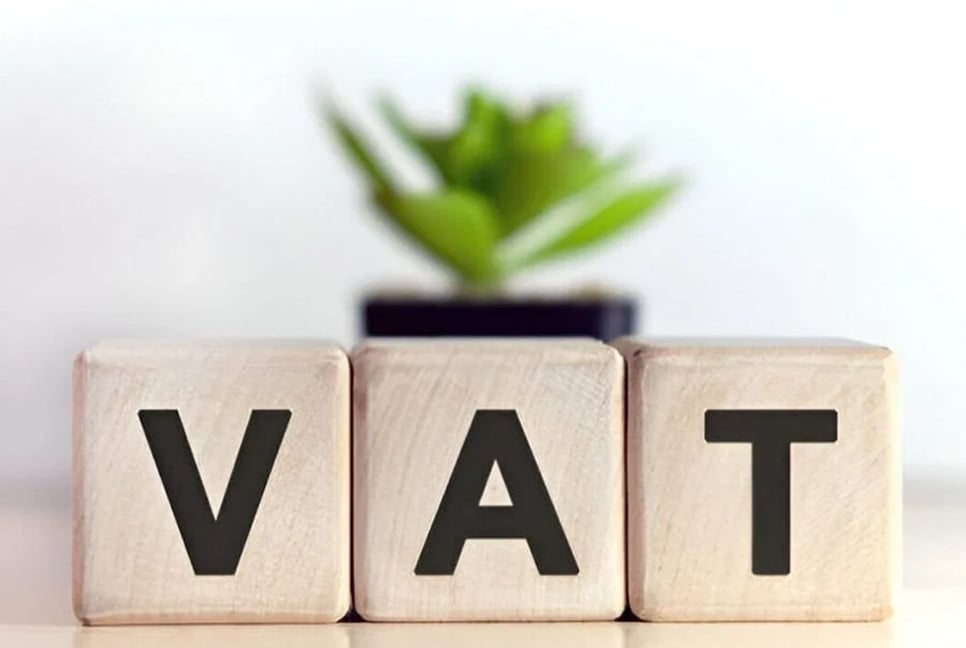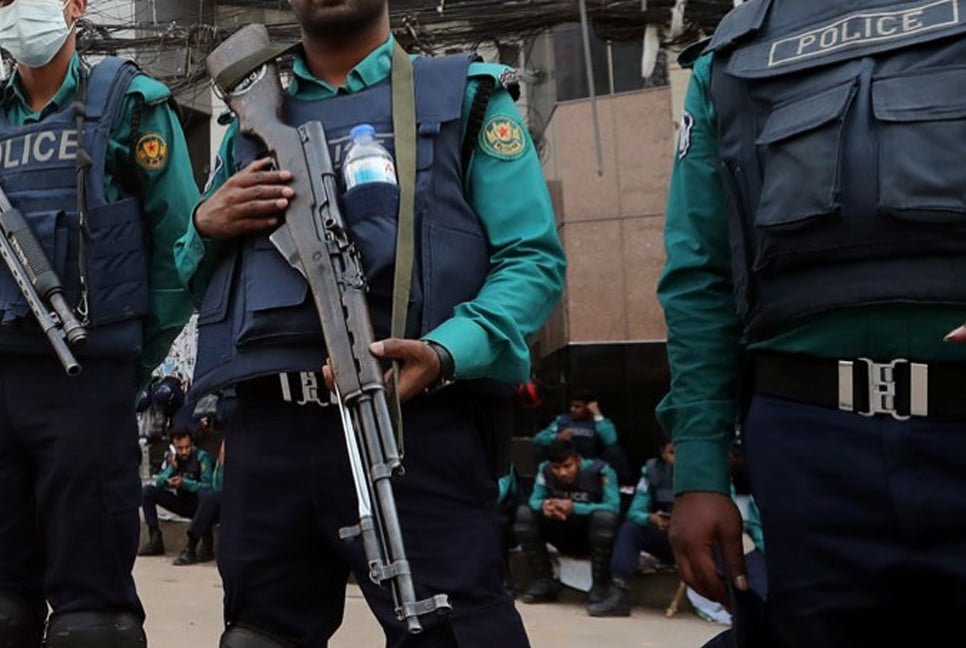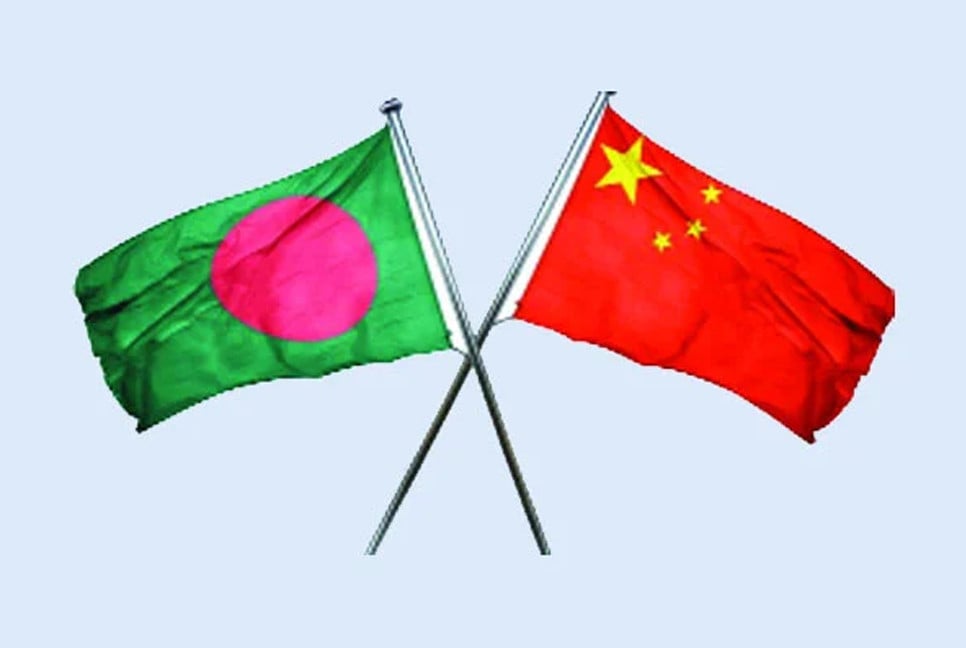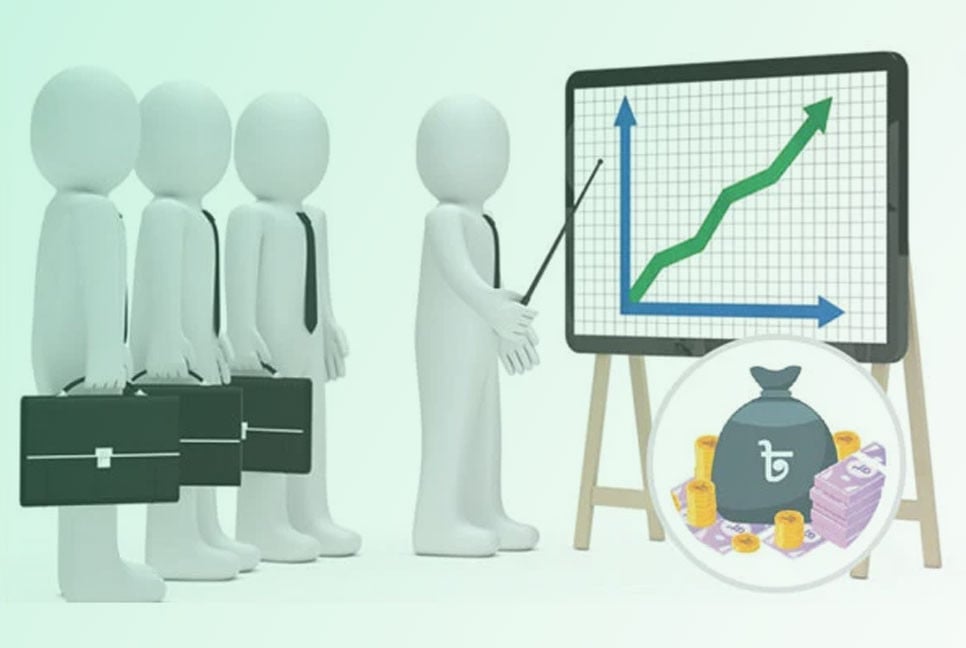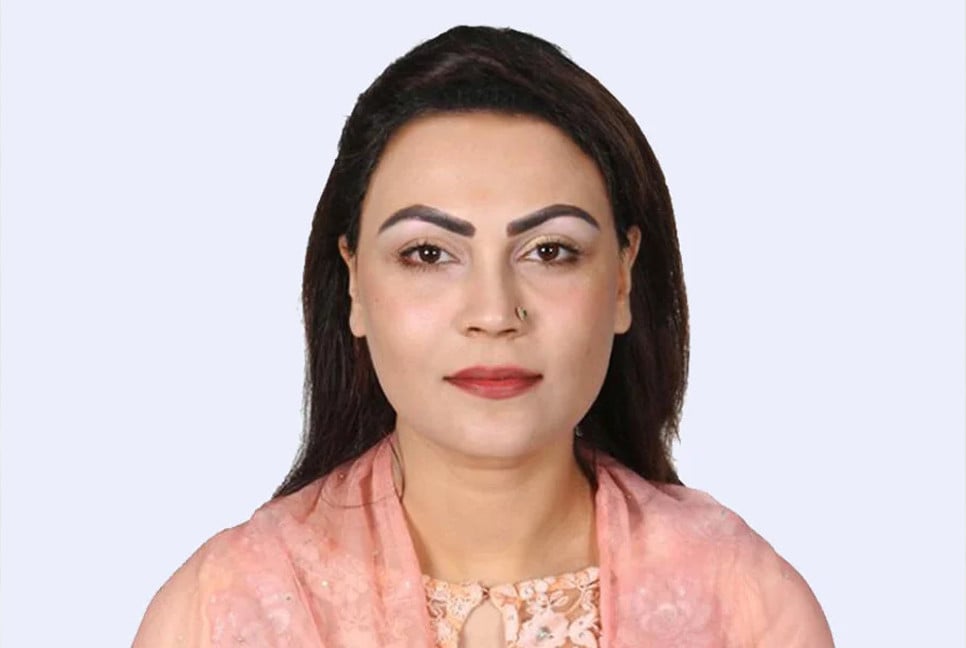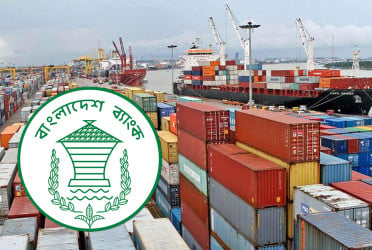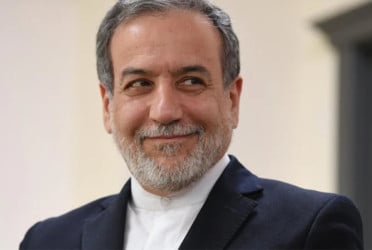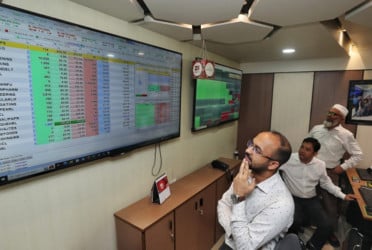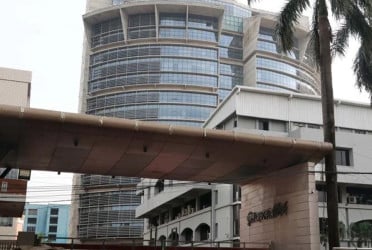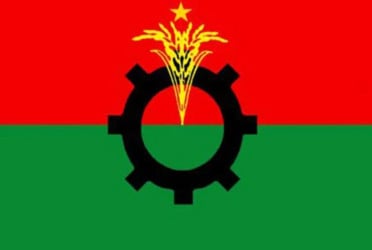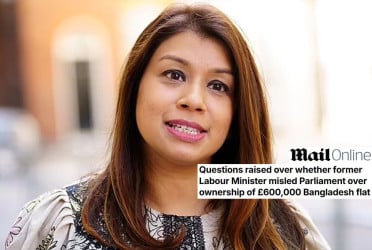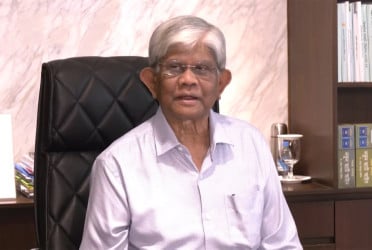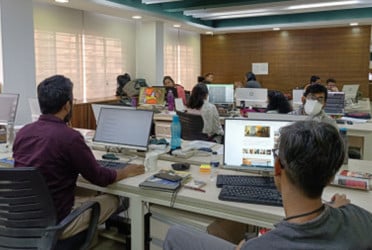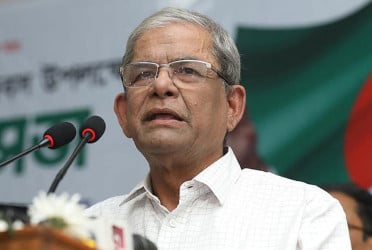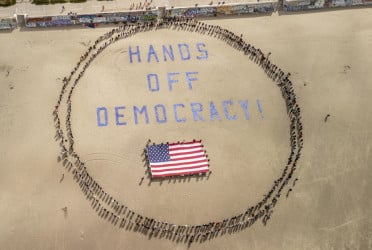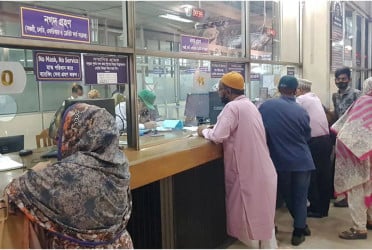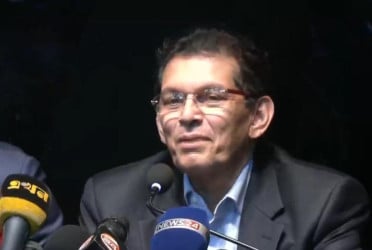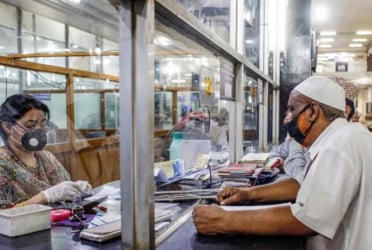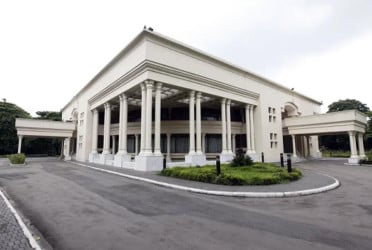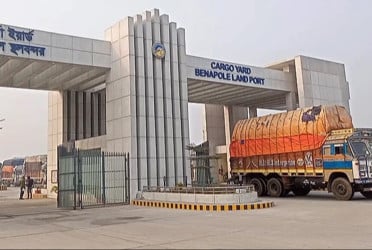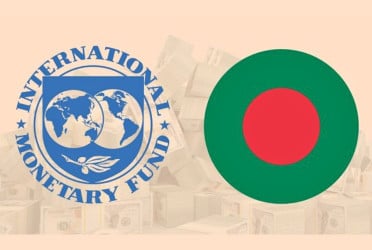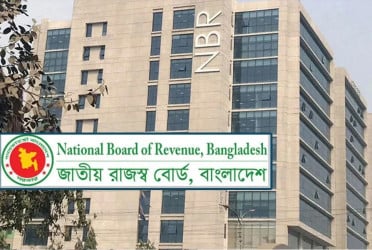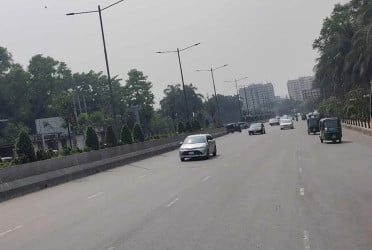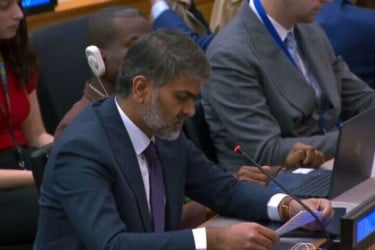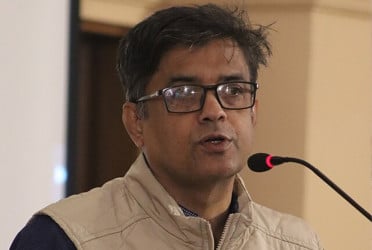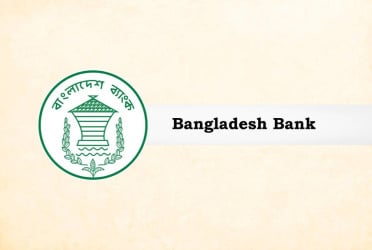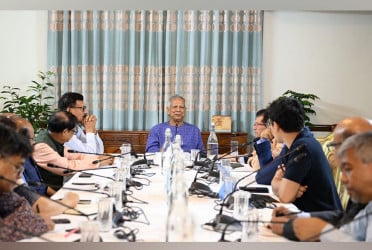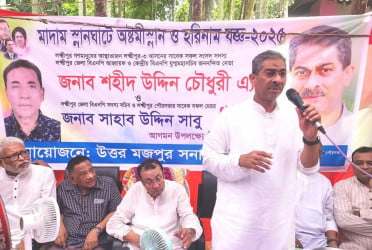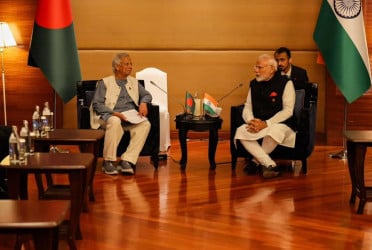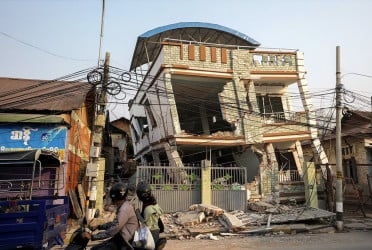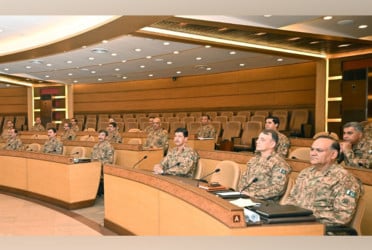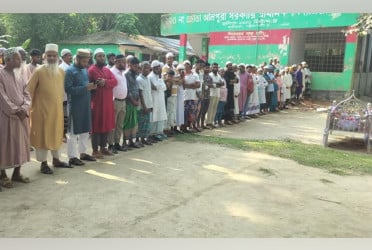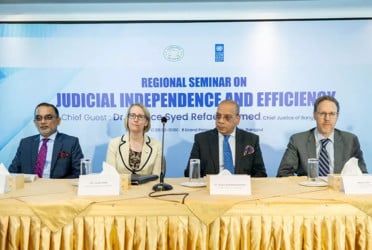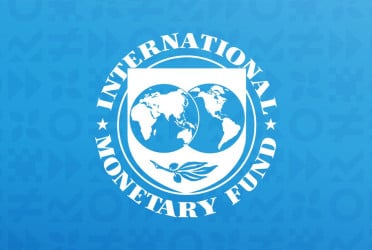The government's decision to increase VAT (Value Added Tax) on over a hundred products and grant higher allowances to government employees has triggered widespread dissatisfaction among the common people and experts.
They argue that it was the unexpected movement of students and ordinary citizens that ousted autocrat Sheikh Hasina and brought Dr. Yunus to power. However, as a reward, the interim government has increased VAT, further burdening the cost of living for the general public during a challenging economic period.
Dr Zahid Hussain, former lead economist of the World Bank believes that an increase in VAT was never expected by the common people during such a tumultuous time. He feels that the government has further fueled the inflationary fire through this move.
Harun Or Rashid, a private sector worker, remarked that government employees had no involvement in the movement. On the contrary, they were allies of the autocrat. However, only five months after taking charge as head of the interim government, a decision has been made to increase the salaries (allowances) of government employees. Even the press secretary of the chief adviser, Shafiqul Alam has claimed that this decision is highly logical.
Anisur Rahman, a rickshaw puller from Khilgaon has strongly criticized the government's decision. He said, "I heard that the government employees' salaries will be increased. Does this mean our rickshaw fares will go up too? Otherwise, we won’t be able to survive. We've already had to stop buying fish and meat."
Bank officer Rashedur Rahman said, "Where the government is supposed to consider the needs of the common people, it has increased their expenses. Meanwhile, it has raised the income of government employees. In that case, this is no longer a government for the common people. It's the common people who protest, while the allies of the autocrats reap the benefits."
At a challenging time, the government raised VAT on more than a hundred products to enhance revenue collection. While some changes were later announced for specific items, no official notice has been issued to withdraw them. As a result, the government's treasury is expected to receive an extra 12,000 crore taka by the end of the fiscal year.
This move was made to meet the IMF's requirements. However, the IMF had recommended increasing revenue through expanding the tax net, while the government opted for a shortcut by raising tax rates, which will increase the cost of living for people. The final consequence of this decision will be higher inflation.
Moreover, the government has raised the salaries of 1.4 million public servants while adding to the hardship of 180 million citizens by raising VAT.
Despite the government's claim of taking effective steps to control inflation, Dr. Zahid Hossain questioned how this could be true, stating, "One group’s income has been increased, while the expenses of the remaining 180 million people have been raised. This is the biggest inequality."
He emphasized that the purchasing power of daily wage earners and the common people is much lower than that of government employees. By raising allowances for government workers, the interim government is enhancing their purchasing power, while the common people's purchasing power continues to decline. As a result, he believes the general public will endure even more strain from inflation.
The Finance Ministry says the government plans to provide special allowances to 14 lakh government employees, ranging from 10% to 20% of their basic salary. This will incur an additional government expenditure of at least 7,000 crore taka over the course of a year. However, economists and experts believe that this extra expenditure is not justified from an economic perspective in the current situation.
For the past few years, there has been instability in foreign exchange reserves and the overall economy. During the political changes in July-August, the government's revenue collection drastically fell due to the resulting instability. To manage the government’s income and expenditure, the interim government has raised VAT and supplementary duties on more than a hundred goods and services, including hotels, restaurants, telecommunications, internet, medicines, and soft drinks, all while the country faces high inflation.
Meanwhile, alongside the push for a contractionary monetary policy to curb inflation, there are talks of reducing government expenditures. In this scenario, increasing allowances is seen as an inappropriate decision. Although the interim government is supposed to be apolitical, it seems to be making political decisions that analysts believe will not benefit the common people.
Bd-pratidin English/ Translated by Afia

